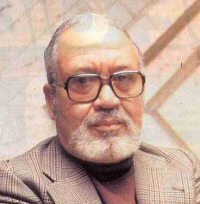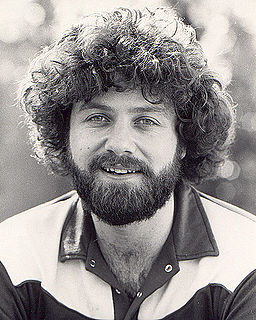A Quote by Frank Yerby
It is my contention that a really great novel is made with a knife and not a pen. A novelist must have the intestinal fortitude to cut out even the most brilliant passage so long as it doesn't advance the story.
Related Quotes
What must novel dialogue . . . really be and do? It must be pointed, intentional, relevant. It must crystallize situation. It must express character. It must advance plot. During dialogue, the characters confront one another. The confrontation is in itself an occasion. Each one of these occasions, throughout the novel, is unique.
A short story is a sprint, a novel is a marathon. Sprinters have seconds to get from here to there and then they are finished. Marathoners have to carefully pace themselves so that they don't run out of energy (or in the case of the novelist-- ideas) because they have so far to run. To mix the metaphor, writing a short story is like having a short intense affair, whereas writing a novel is like a long rich marriage.
A language like Ruby is a toolbox with some really neat little tools that do their job really nicely. JavaScript is a leather sheath with a really really sharp knife inside. That knife can cut anything, and with it you can do anything. You can kill a bear. You can catch fish. You can whittle a piece of wood into a pony. It's even a toothpick.
When you take a child who's hollering like hell, sit him on your knee, and say "once upon a time", you stop him hollering. As long as you go on telling him a story, he will listen. Novelists who neglect this fundamental effect do so at their peril. They become what is known as the experimental novelist, and an experimental novel is not really a novel at all.
I can't turn around without hearing about some 'civil rights advance's White people seem to think the black man ought to be shouting 'hallelujah's Four hundred years the white man has had his foot-long knife in the black man's back — and now the white man starts to wiggle the knife out, maybe six inches! The black man's supposed to be grateful? Why, if the white man jerked the knife out, it's still going to leave a scar!



































